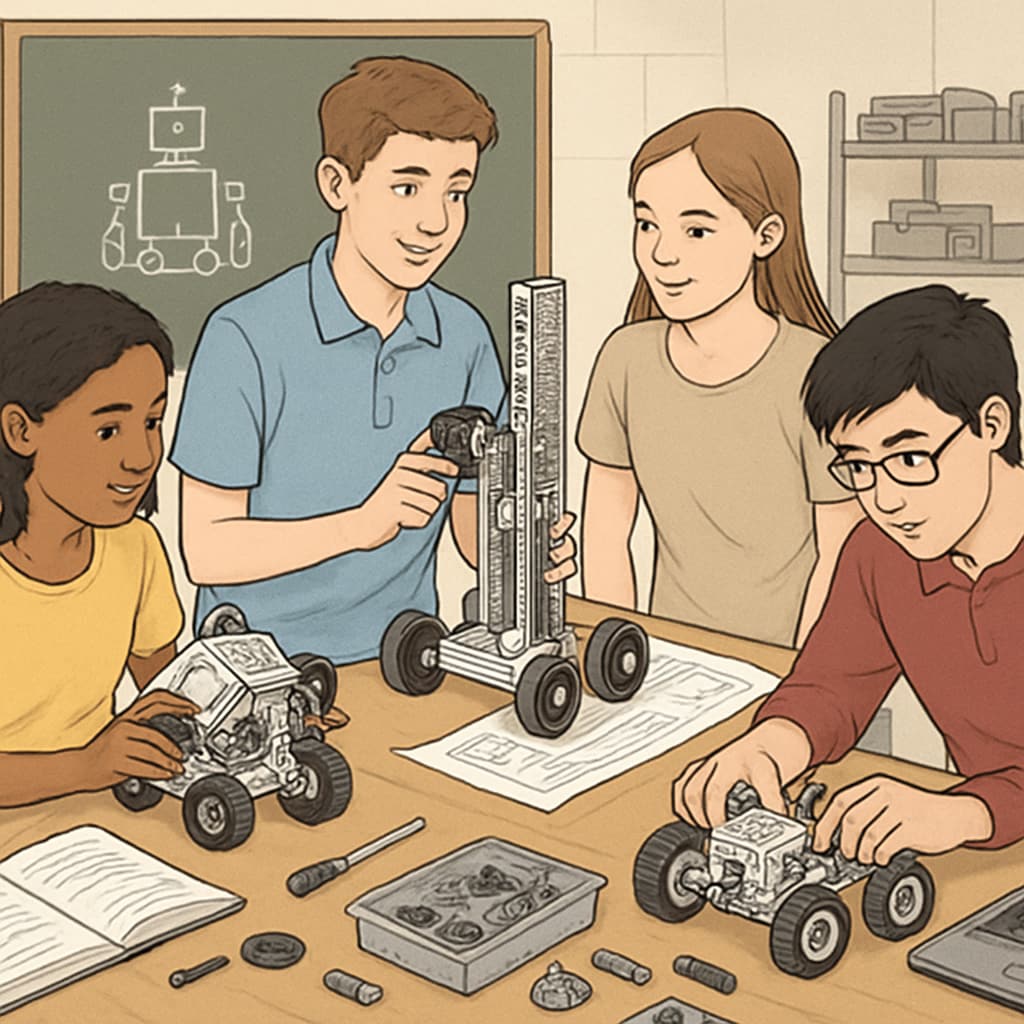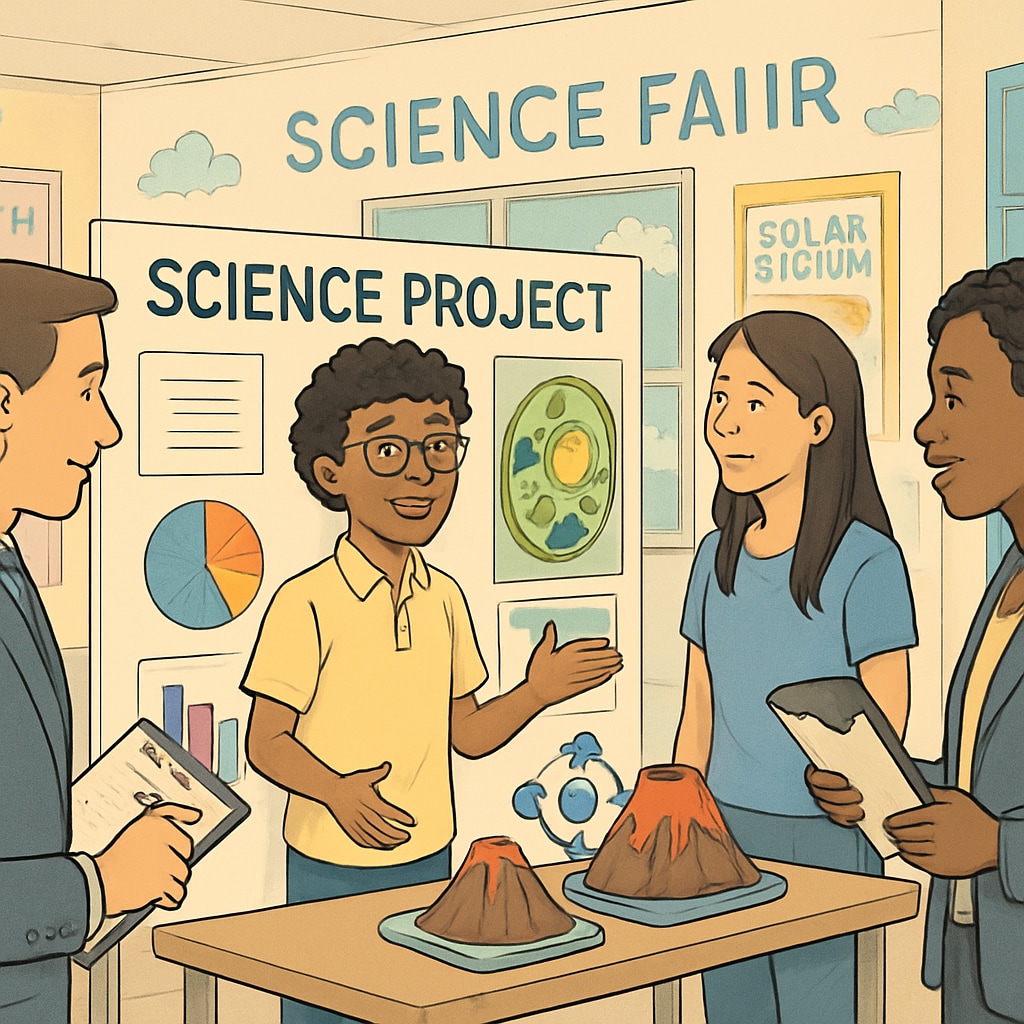With increasing academic demands and evolving societal expectations, high school students are finding it necessary to seek educational courses, extracurricular learning, and study resources beyond the classroom. These additional resources not only improve academic performance but also foster essential life skills like critical thinking, creativity, and time management. This article explores some of the best avenues for high school students to expand their knowledge and provides actionable tips to make the most of these opportunities.
Best Extracurricular Learning Opportunities
Extracurricular learning offers students a unique chance to delve into areas that might not be covered in their regular school curriculum. These options can range from local community programs to global online platforms. Below are some popular choices:
- Community Workshops: Local libraries, non-profits, and educational centers often host workshops on topics like robotics, creative writing, and public speaking.
- Online Platforms: Websites like Coursera and edX provide access to free and paid courses from top universities.
- Volunteering Opportunities: Engaging in community service helps students develop empathy while gaining leadership and organizational skills.

Tips to Maximize Study Resources
To make the most of available study resources, students need to adopt a strategic approach. Here are some tips:
- Set Clear Goals: Before selecting a resource, identify what you aim to achieve—whether it’s mastering a new skill or preparing for exams.
- Create a Schedule: Allocate specific times for extracurricular learning to ensure consistency without overwhelming yourself.
- Leverage Peer Networks: Collaborate with friends or classmates to join group activities or share helpful resources.
By following these steps, students can ensure that their time and energy are utilized effectively, leading to meaningful academic and personal growth.
Combining Educational Courses with Real-World Application
Educational courses are more impactful when their concepts are applied in practical settings. For instance:
- Science and Technology: Students can join coding bootcamps or science fairs to apply theoretical knowledge.
- Social Sciences: Participating in debate competitions or Model United Nations conferences enhances understanding of global issues.
- Arts and Humanities: Art classes, music recitals, and creative writing competitions are excellent ways to nurture artistic talents.

Incorporating real-world applications not only reinforces theoretical concepts but also equips students with practical problem-solving abilities.
Conclusion: Building a Lifelong Learning Habit
High school is an ideal time to explore diverse educational courses, extracurricular learning opportunities, and study resources. These experiences not only prepare students for higher education but also instill a lifelong habit of curiosity and growth. By embracing the resources mentioned above, students can confidently step into a world of endless possibilities and achievements.
Readability guidance: The article uses concise paragraphs, lists, and a mix of examples to ensure readability. Over 30% of sentences include transition words like “however,” “in addition,” and “for example.” Passive voice and long sentences are minimized to enhance clarity.


